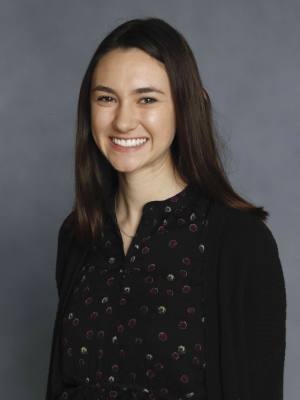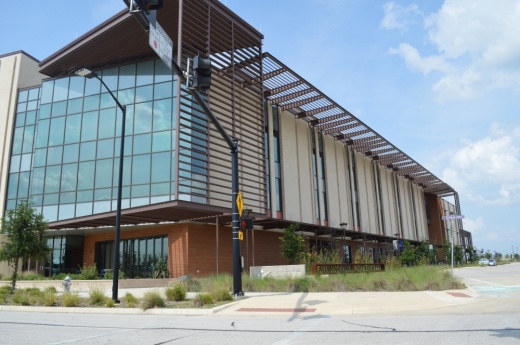Details about the potential program were presented to the LISD school board Sept. 30. LISD Chief Academic Officer Matt Bentz said the district is working through the early college high school, or ECHS, designation process to open the program in August 2022.
Early college high schools allow students to simultaneously earn a high school diploma and either an associate degree or 60 credit hours, Bentz said. The program will be free for students.
If the district receives an ECHS designation, the admission process would begin in early 2022. The process would include student applications and a committee review of applicants followed by student interviews. The program is limited in capacity, so if more than 125 students apply, then a lottery process may be used for admittance, said Chrysta Carlin, the assistant superintendent of pathways and innovation.
Carlin said LISD is in talks with ACC to open the ECHS at the San Gabriel campus in Leander with the first class of about 125 ninth-grade students. Students in the program could not participate in traditional extracurricular activities.
Leander ISD has an existing dual-credit program, but this differs from the ECHS program, Carlin said. Dual-credit programs are not sequential, and students can earn between three and 24 credit hours at their LISD campus. This is limited to students mostly in 11th and 12th grades. However, ECHS students can earn up to 60 credit hours on a college campus based on a sequential degree plan. This program begins in ninth grade.
In 11th and 12th grades, ECHS students will spend the majority of their time on the ACC campus. Carlin said the district will support students as they transition to their junior and senior years and post-secondary plans.
“Some may choose to end with their associate's degree and go into their career. Some may continue into a four-year university,” Carlin said. “We’re here to help them with the supports and anything they need in order to transition into whatever they choose to.”





